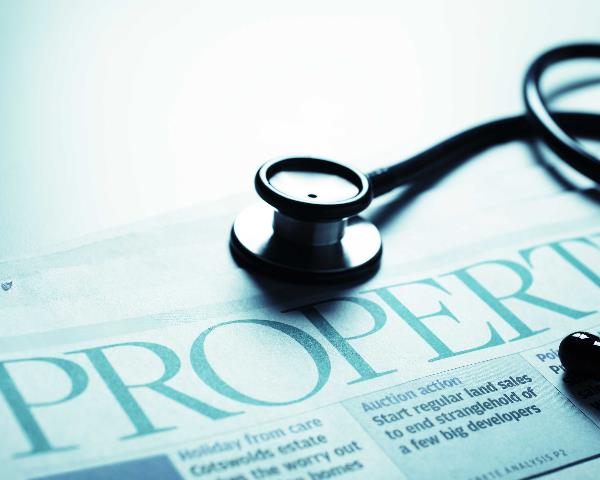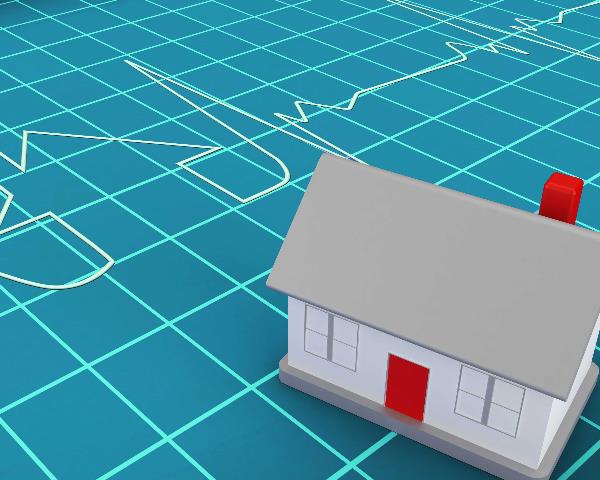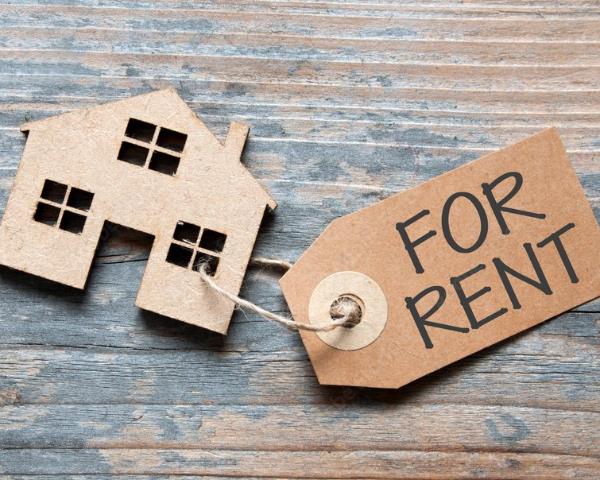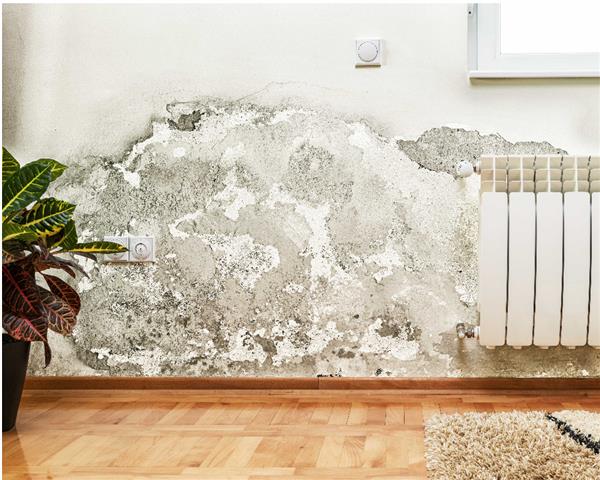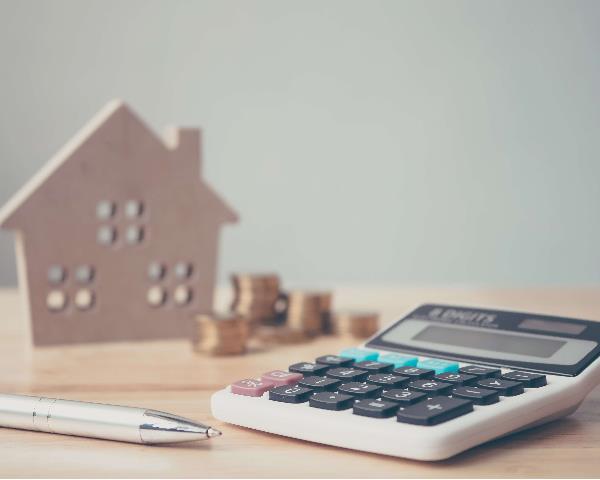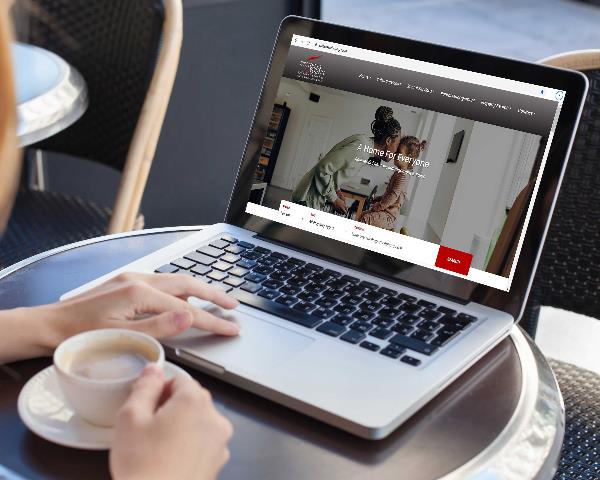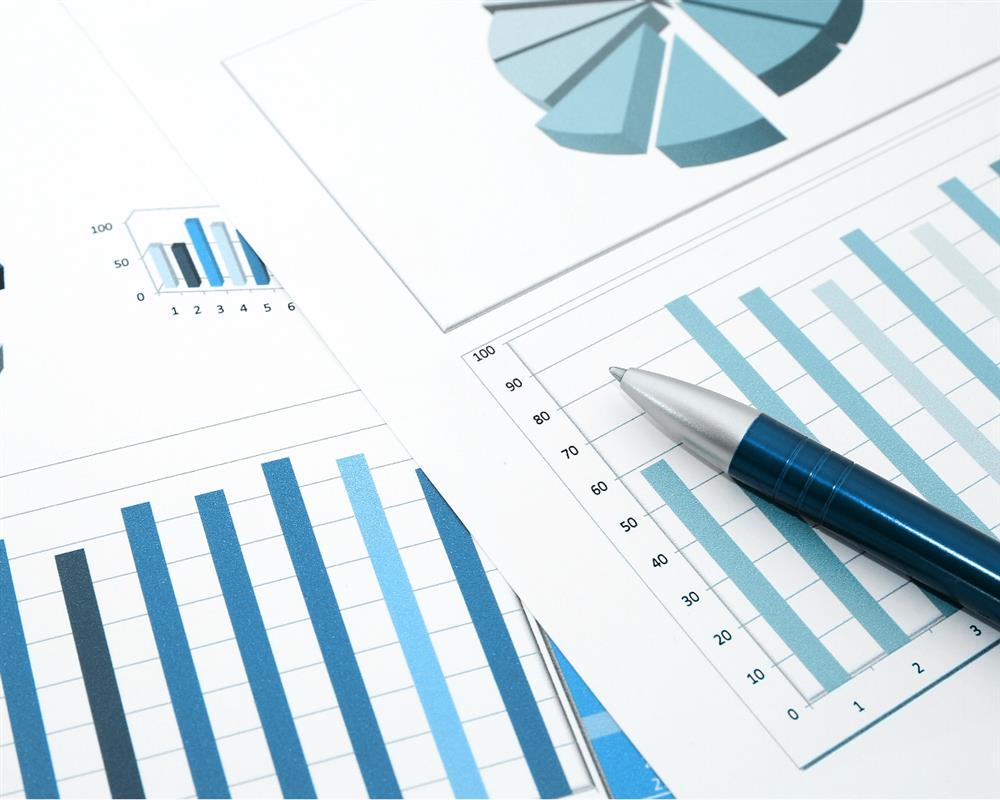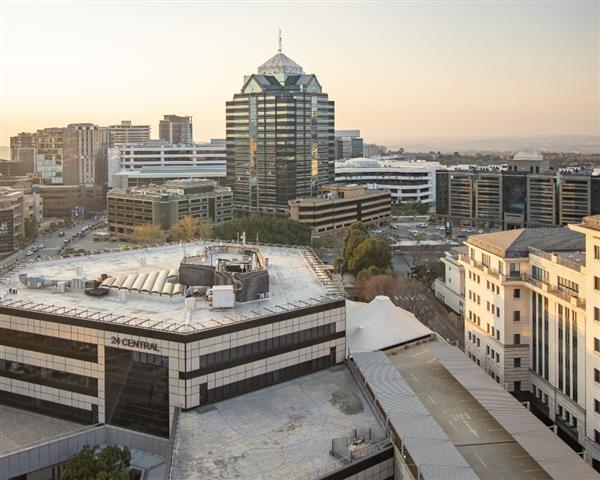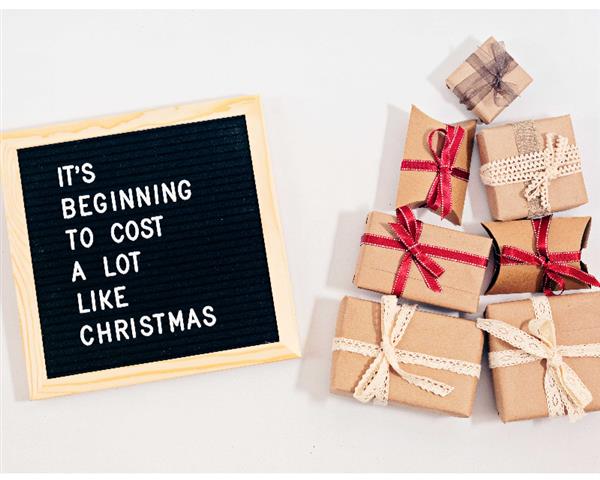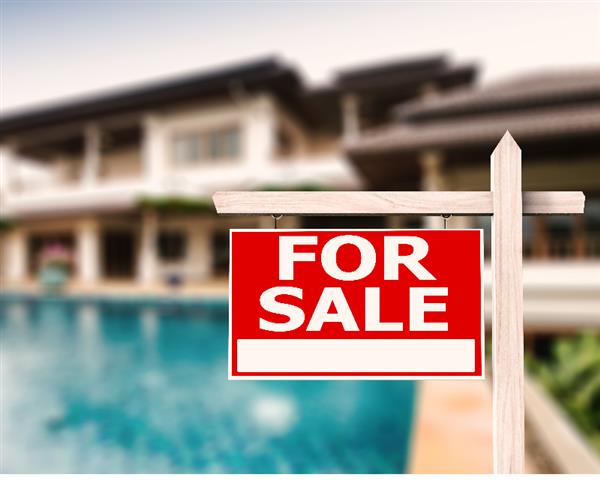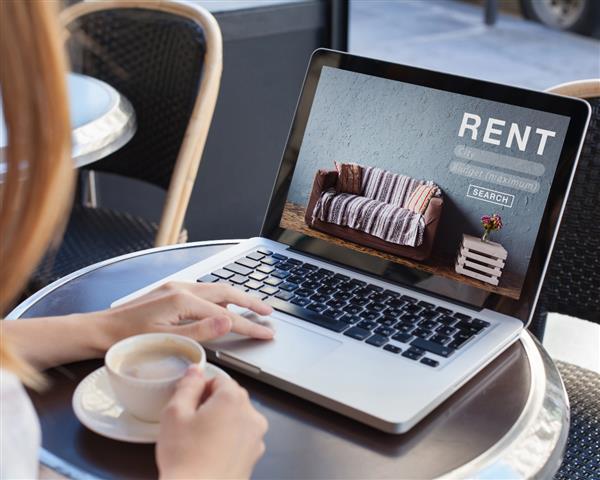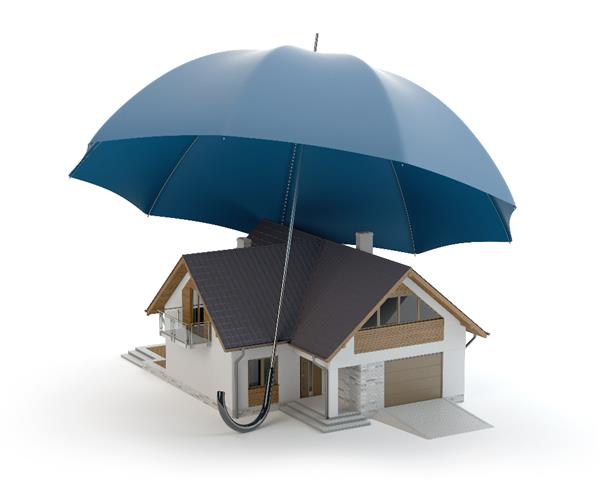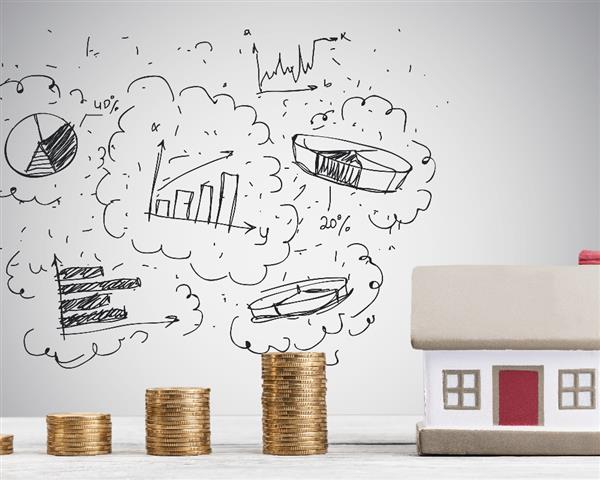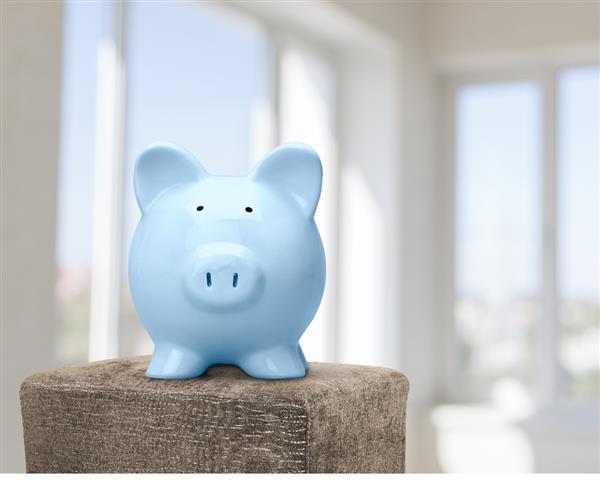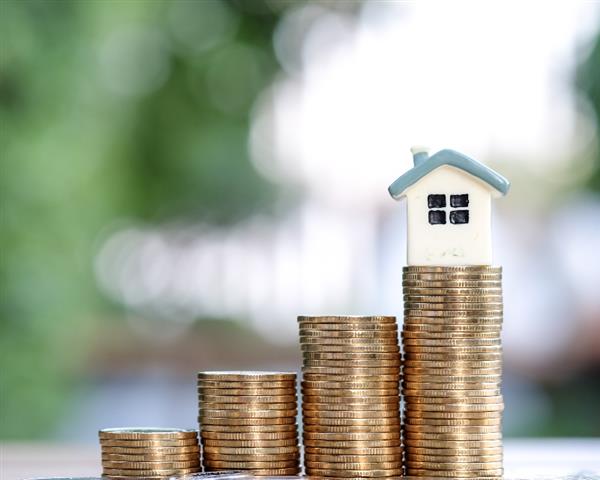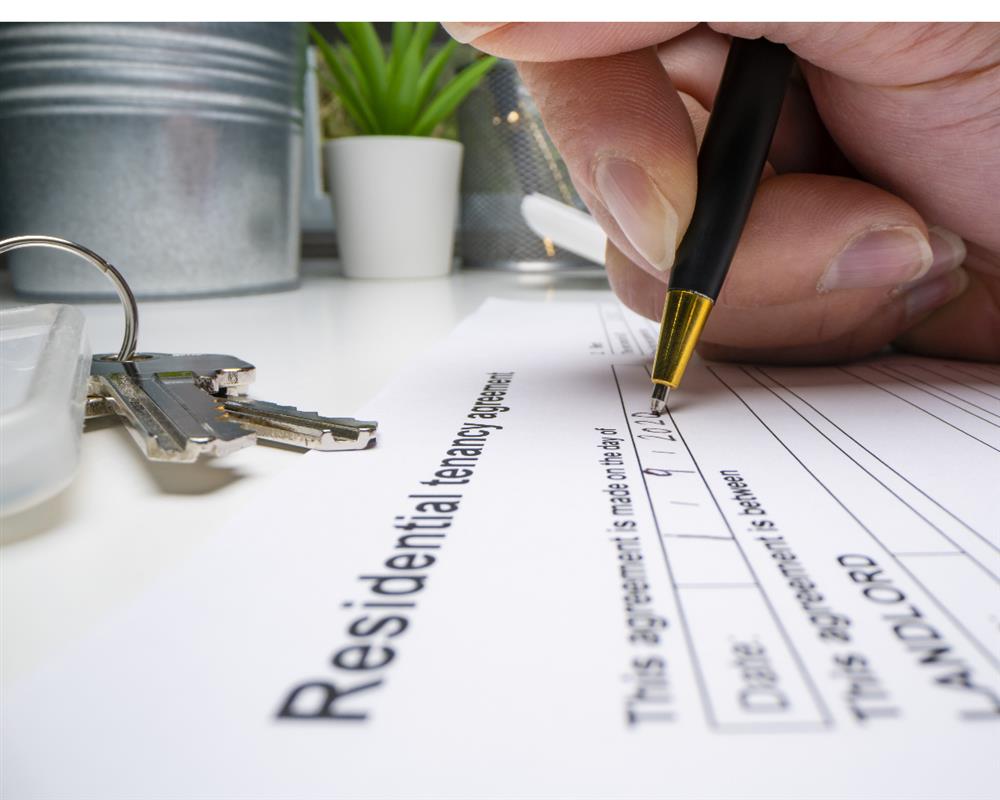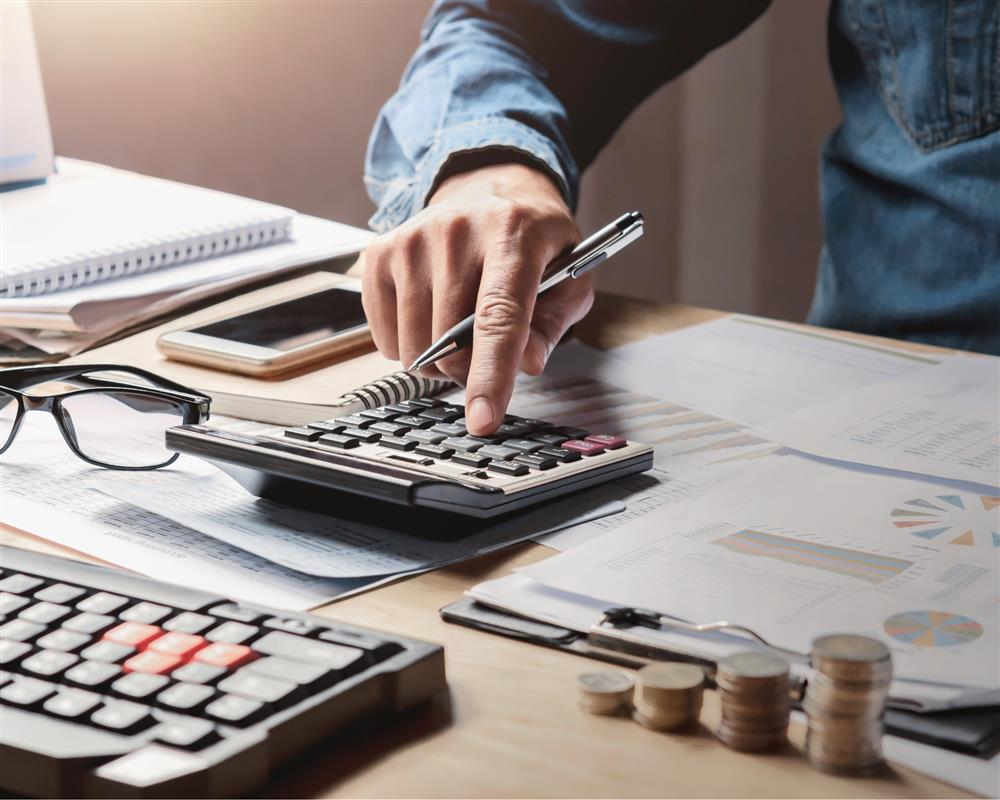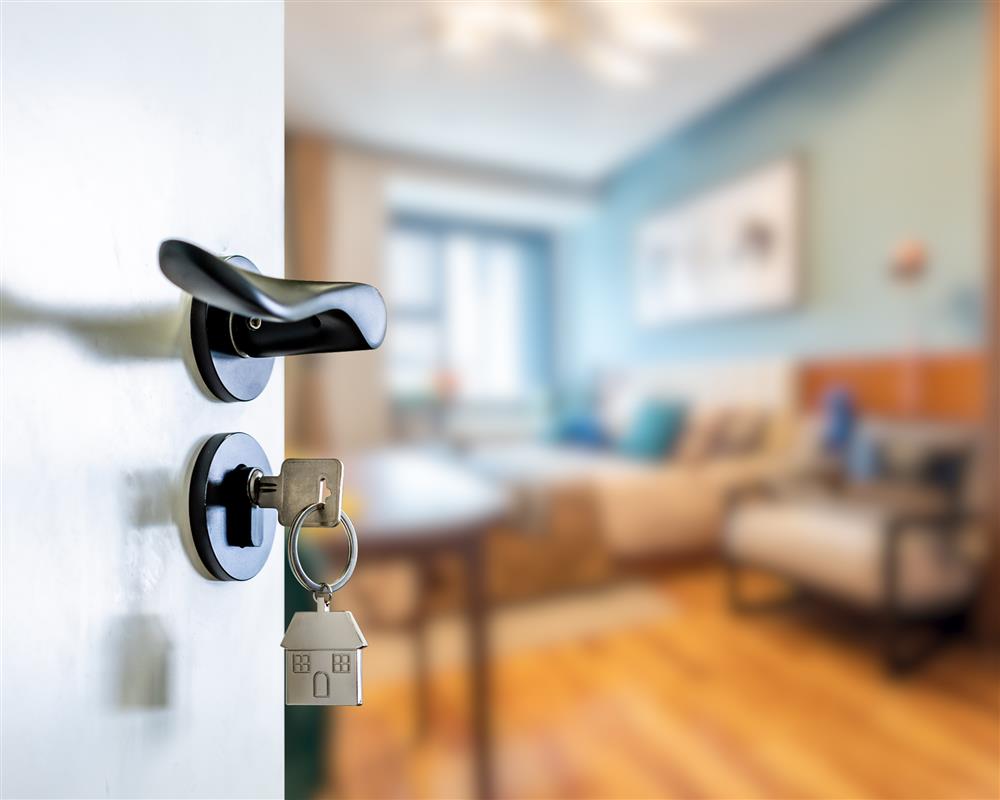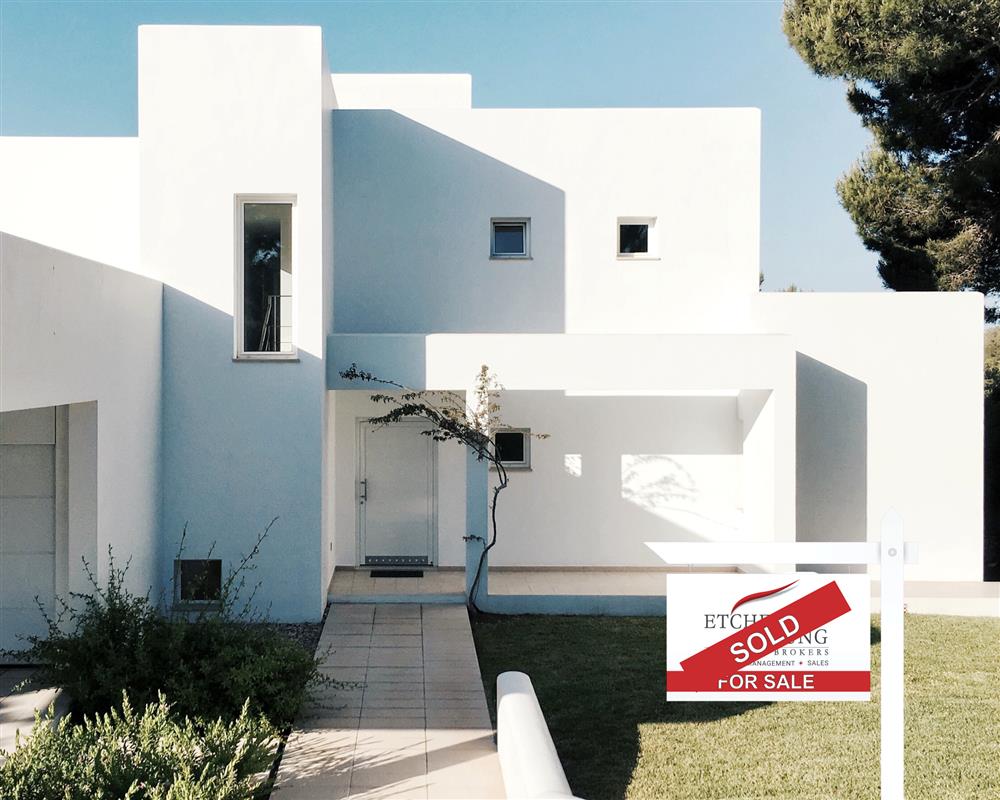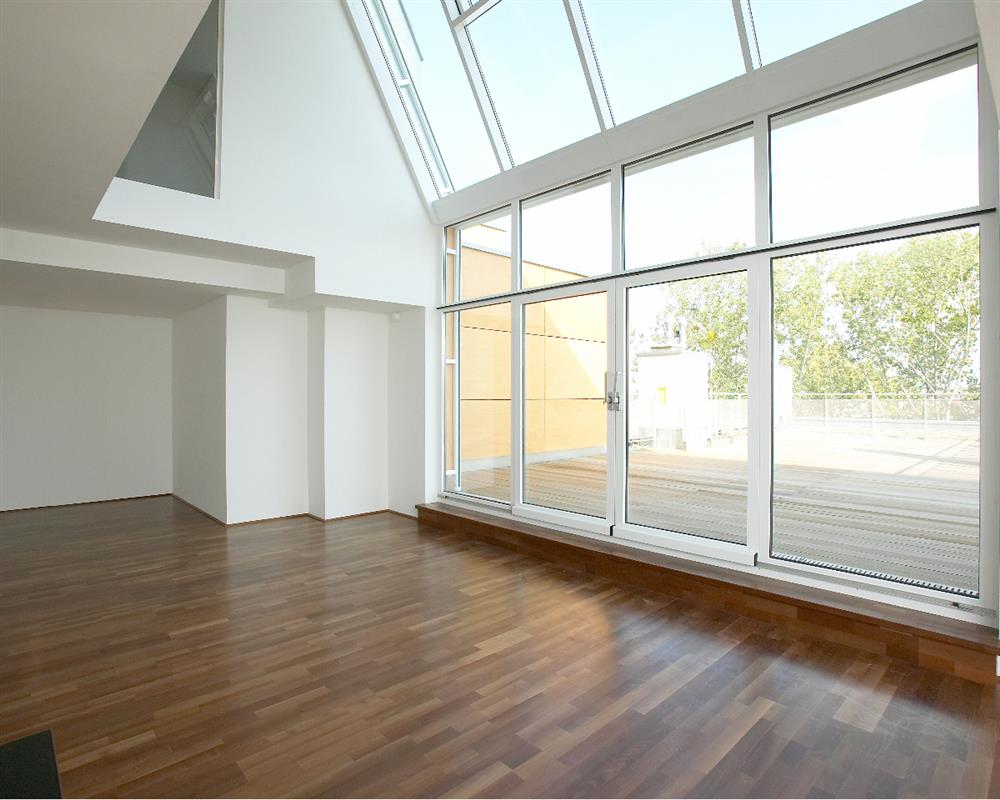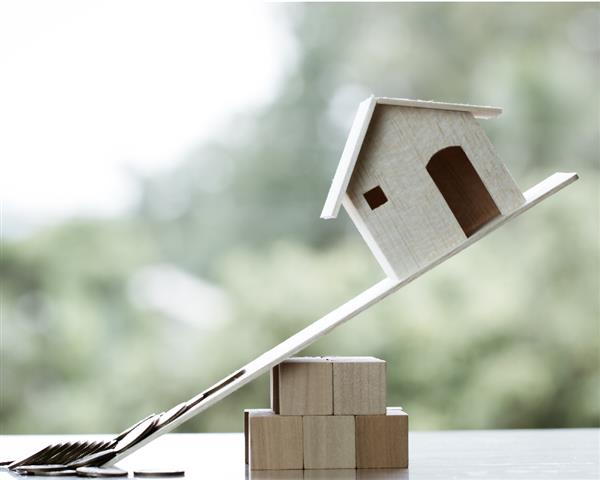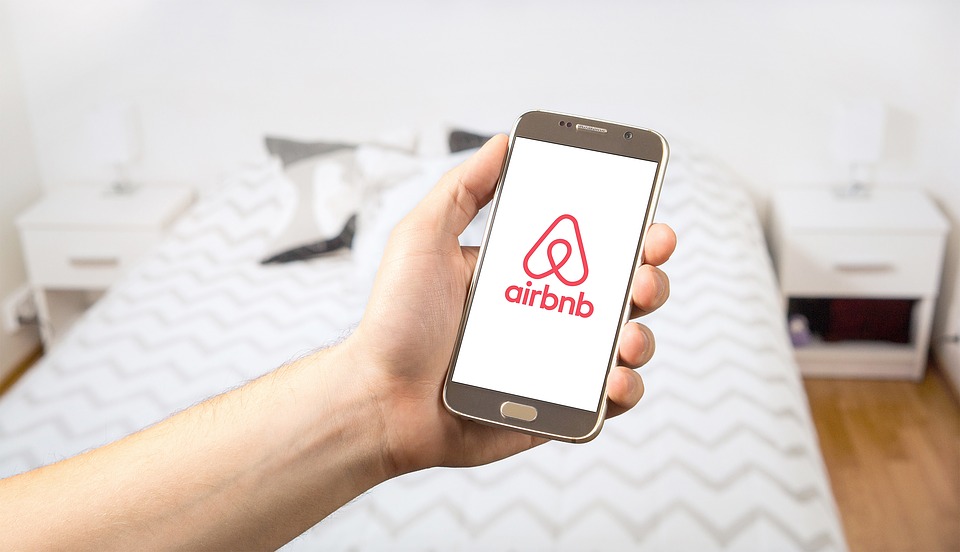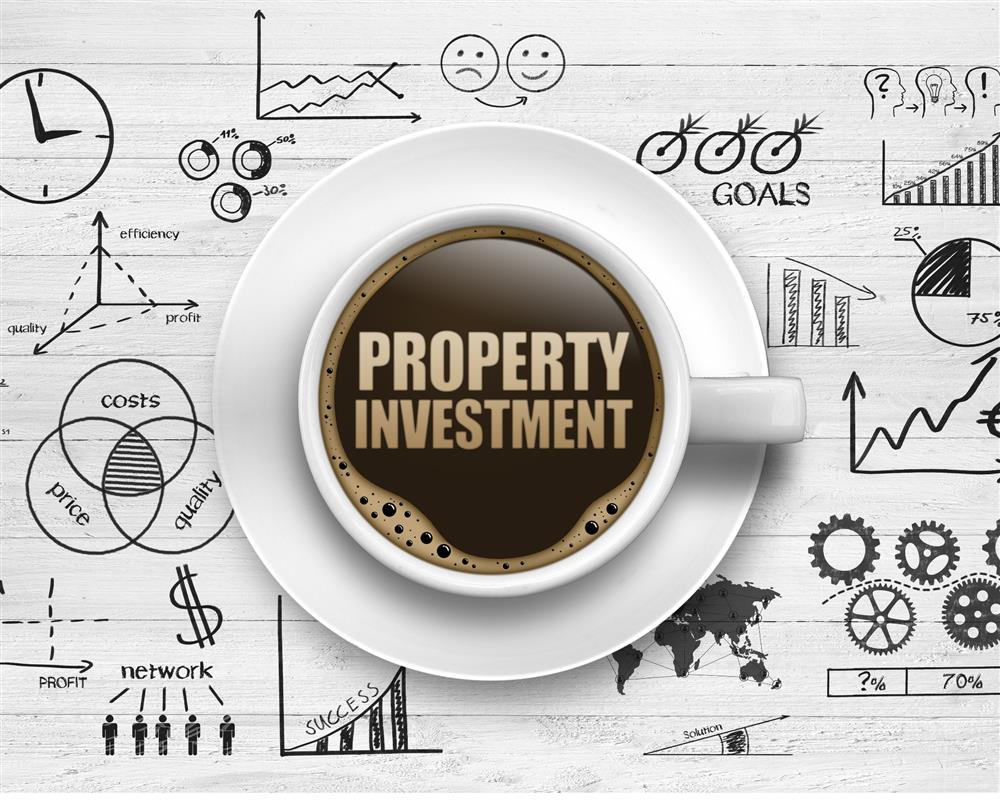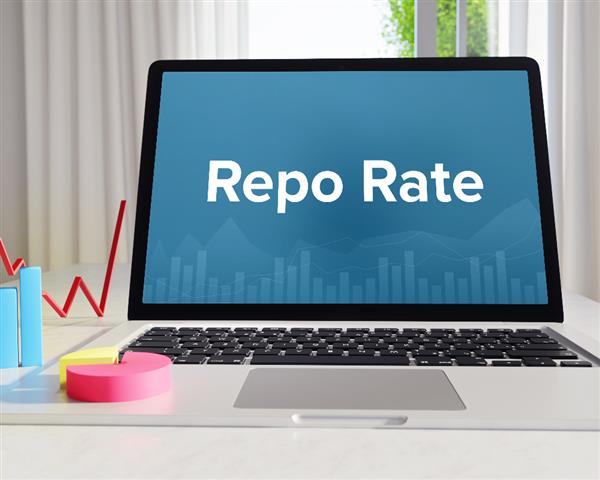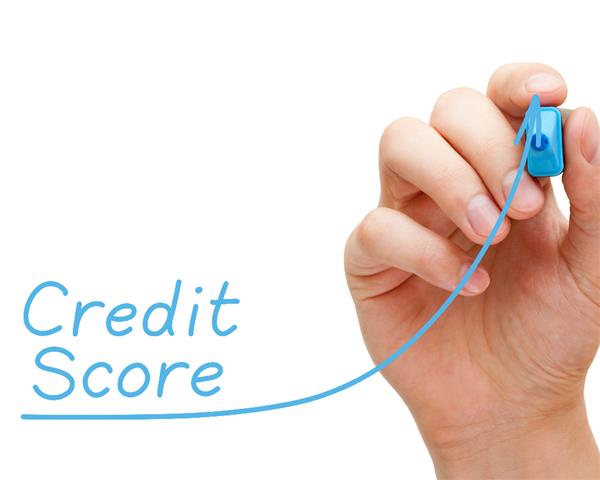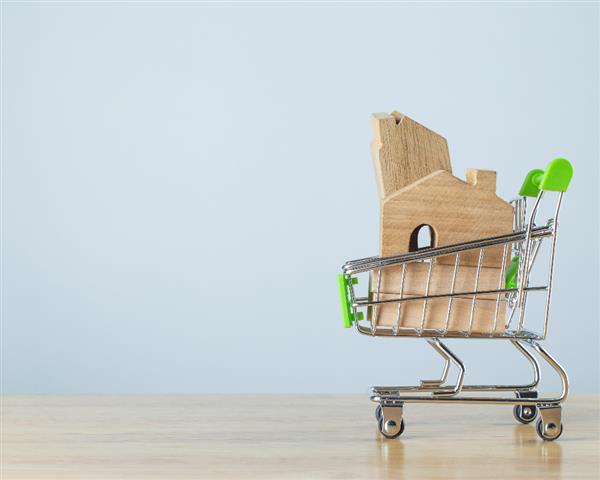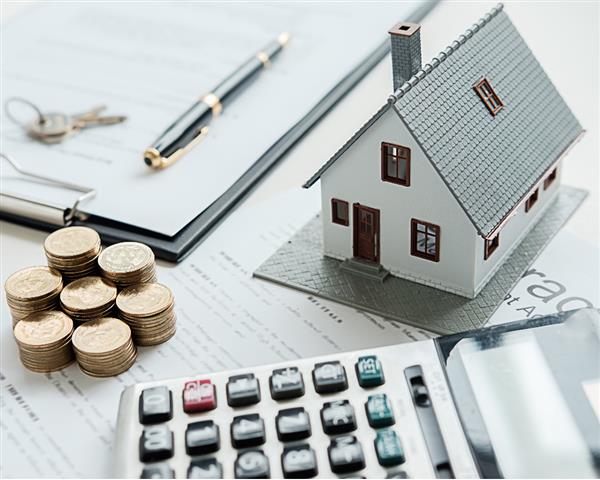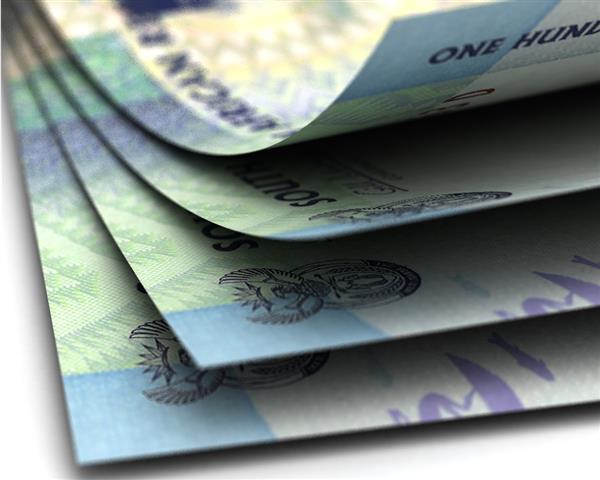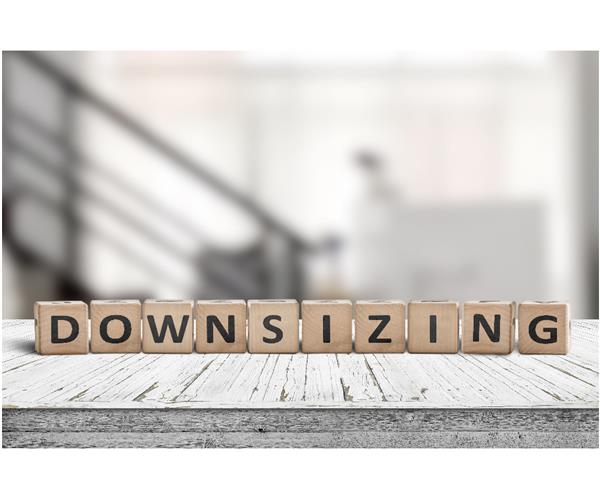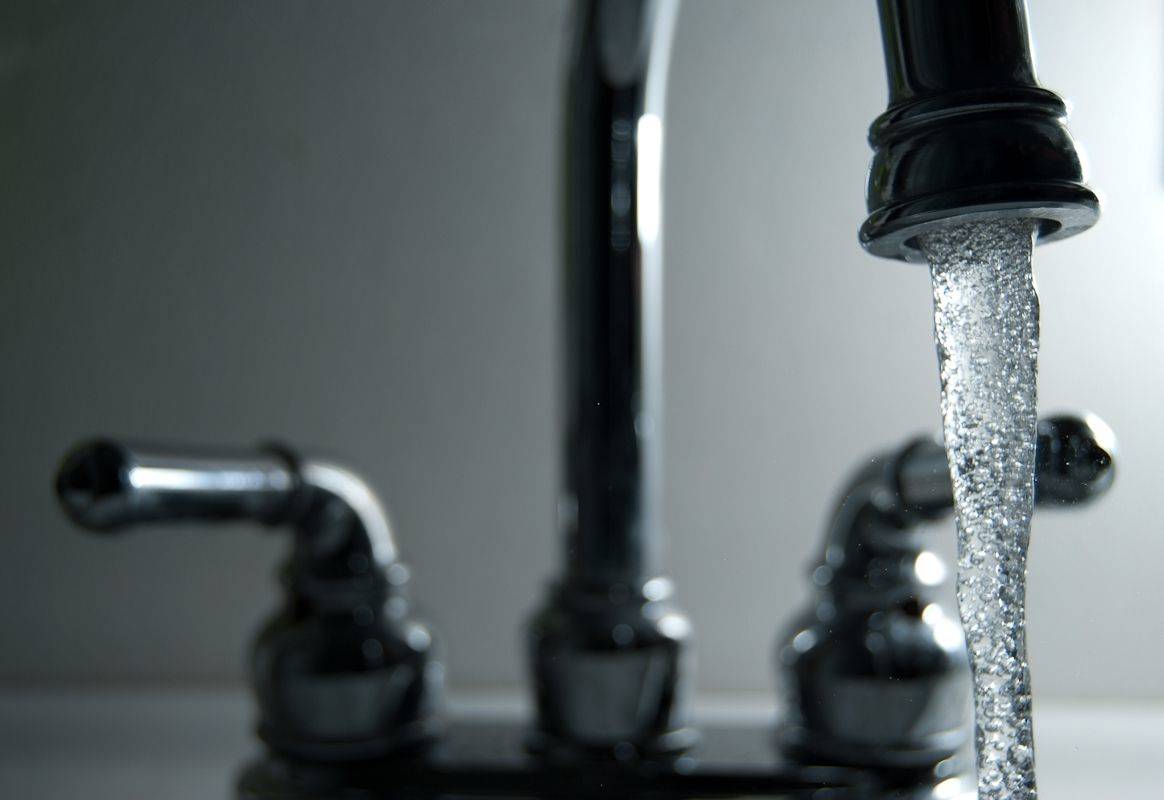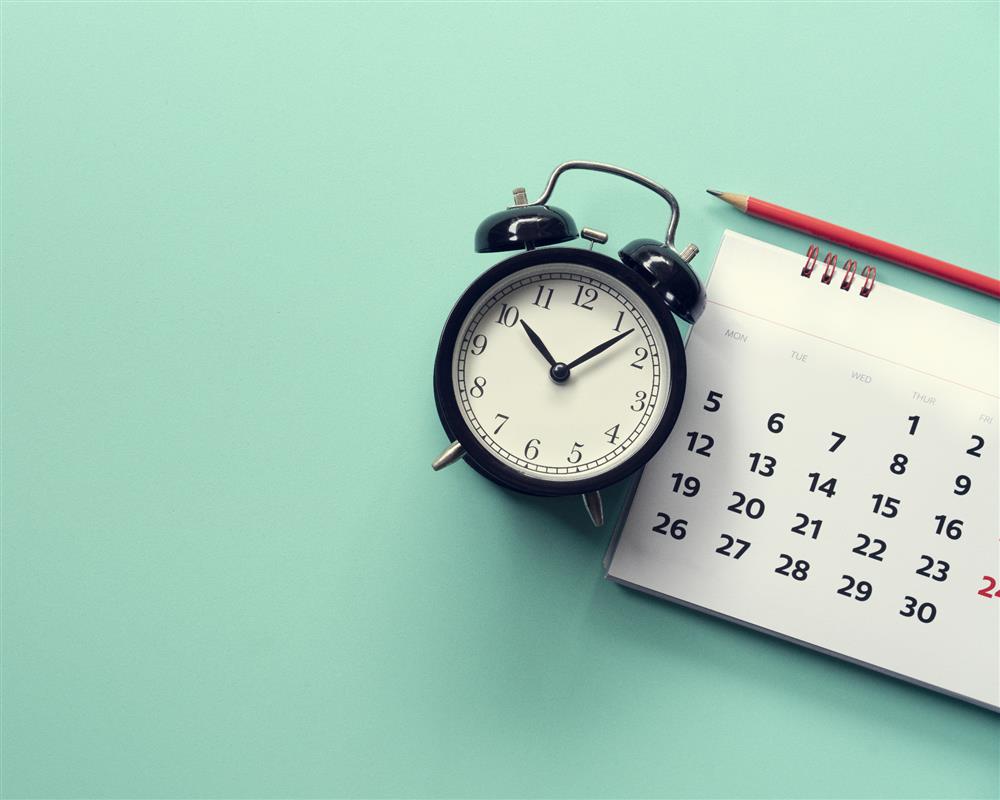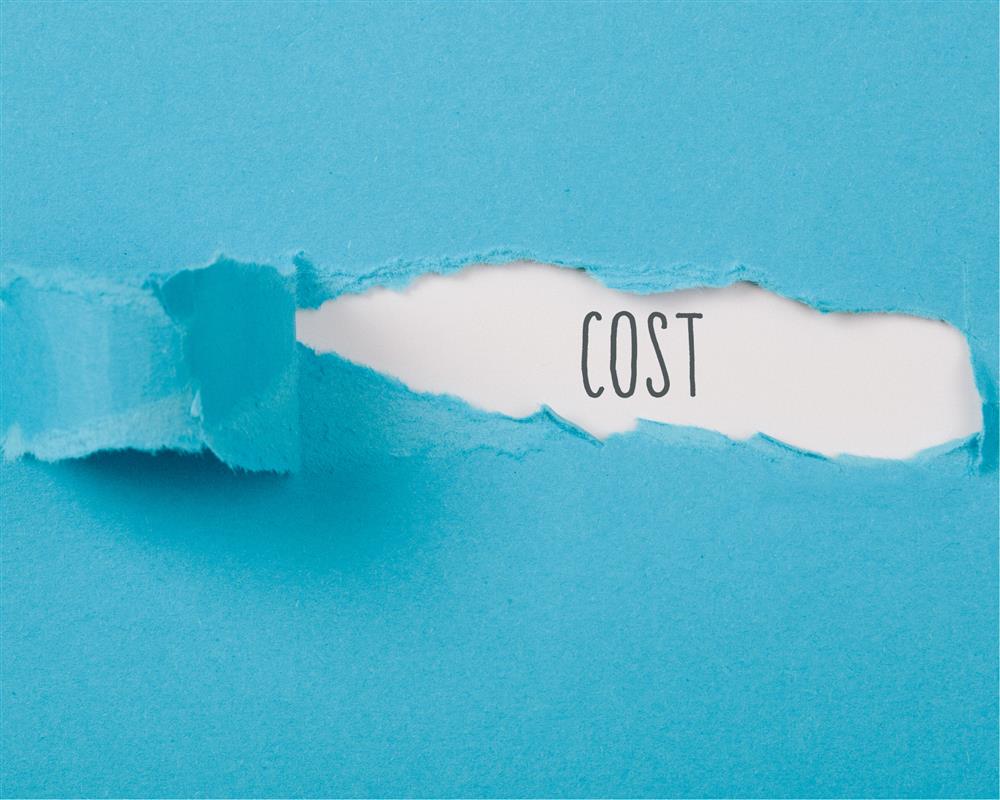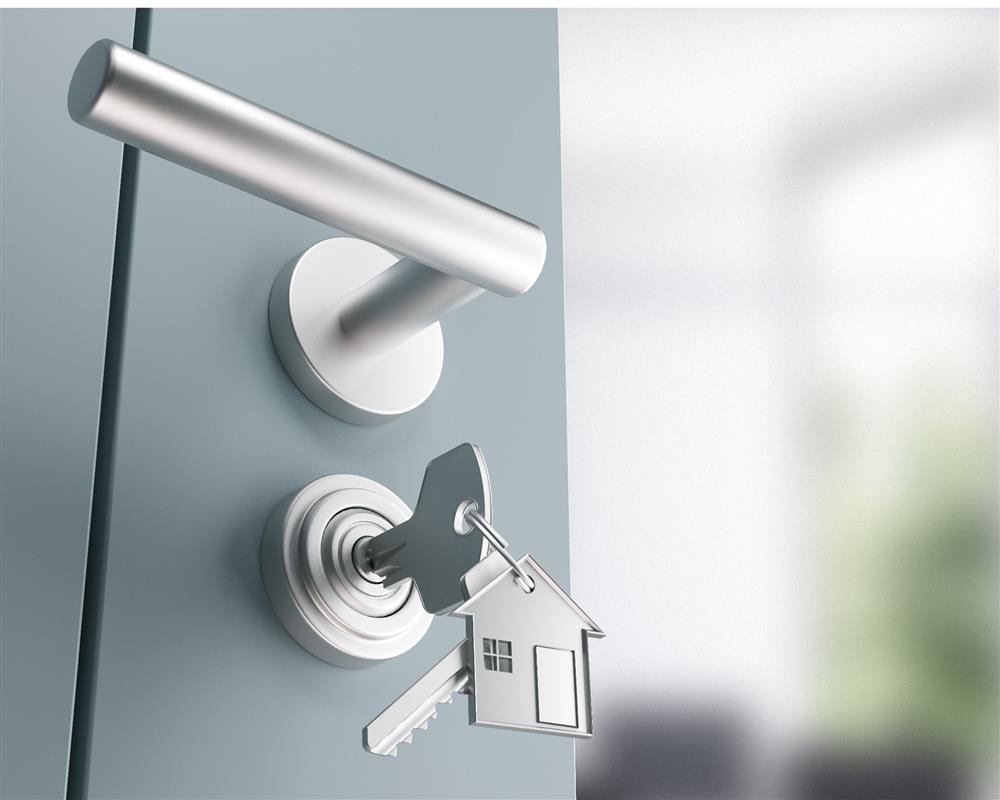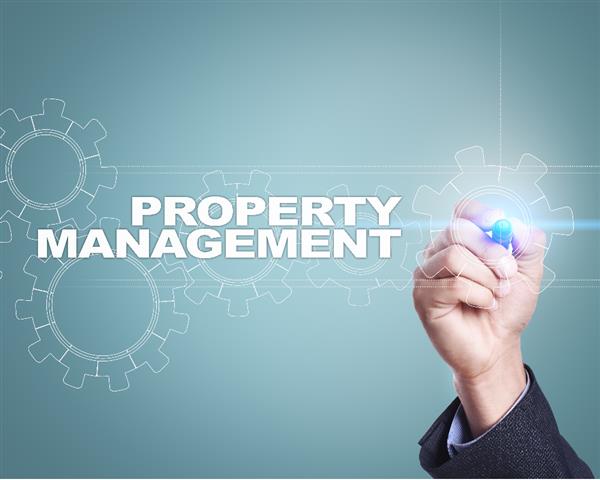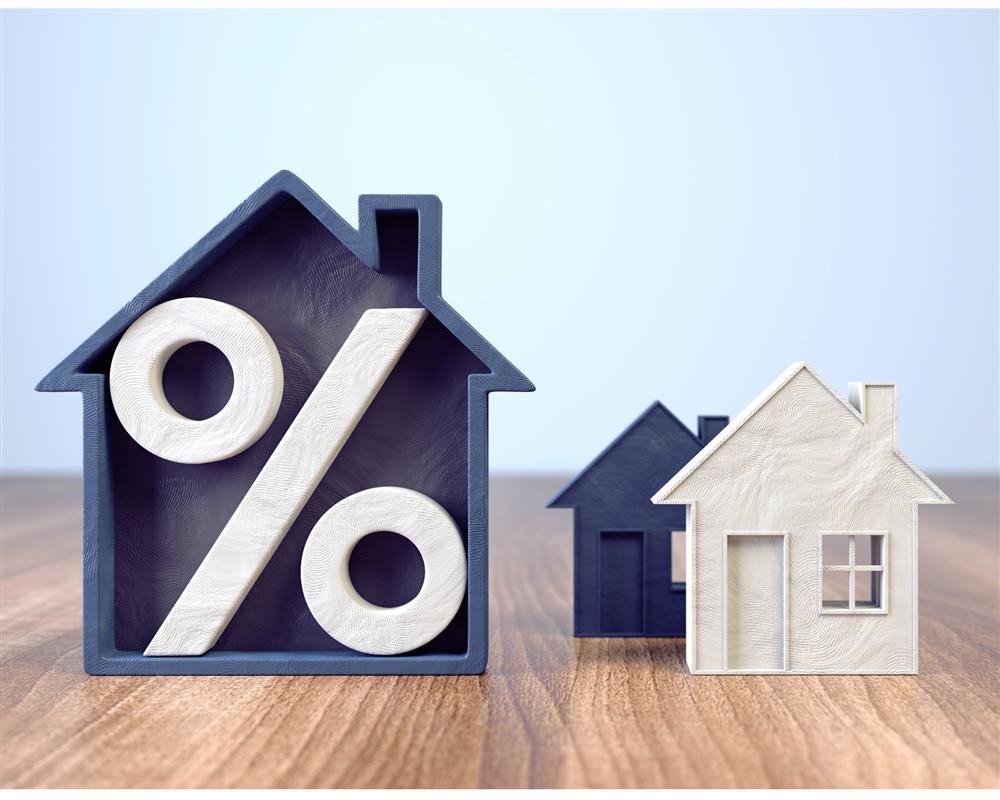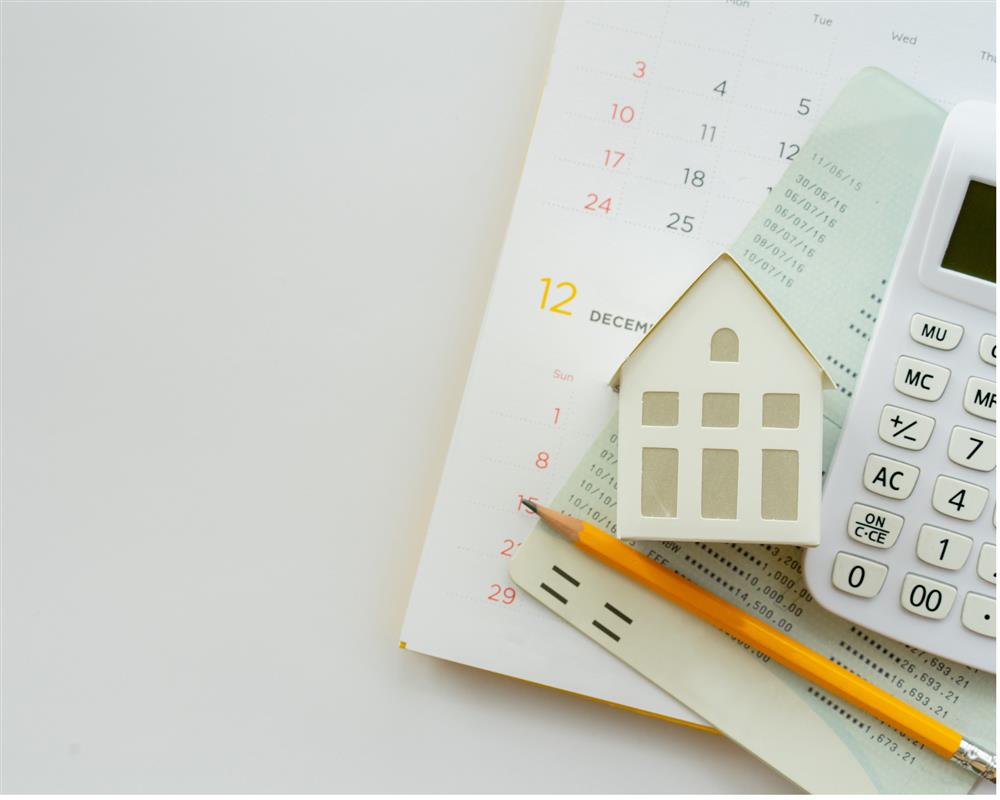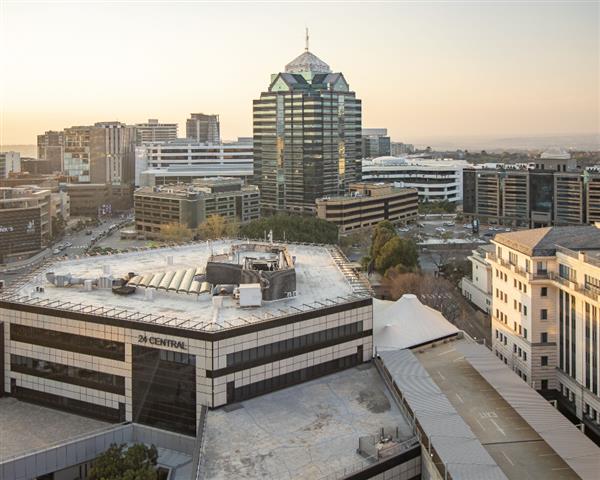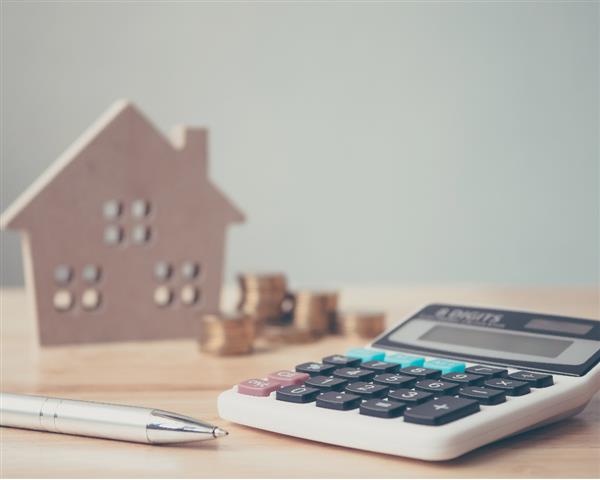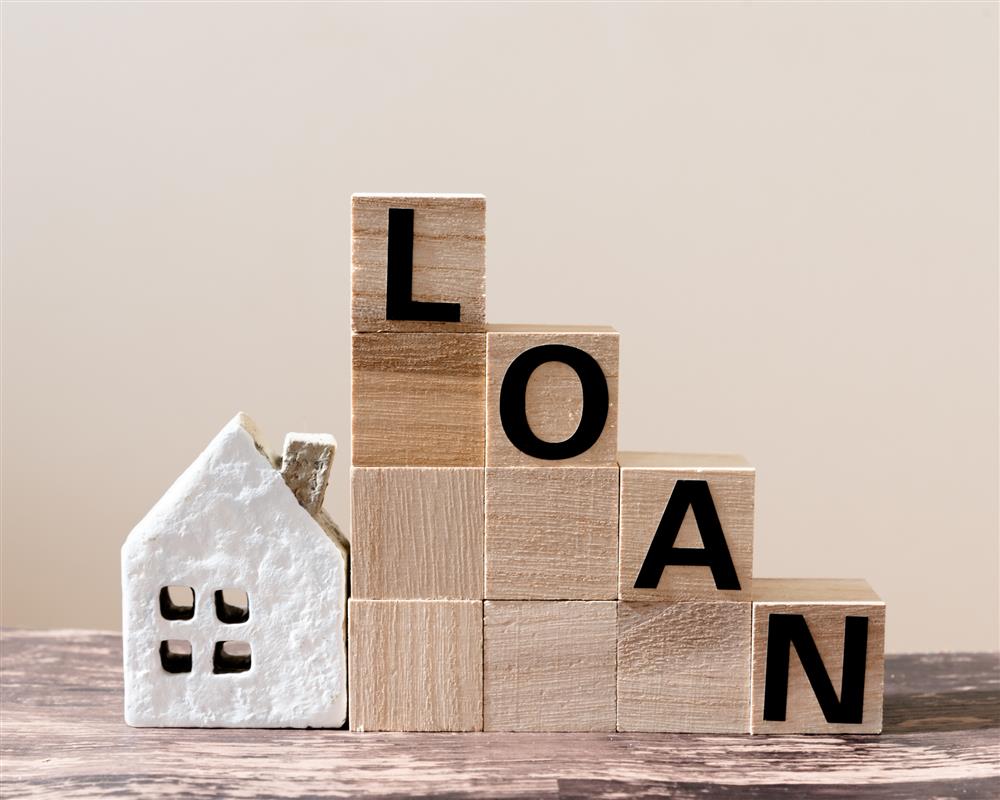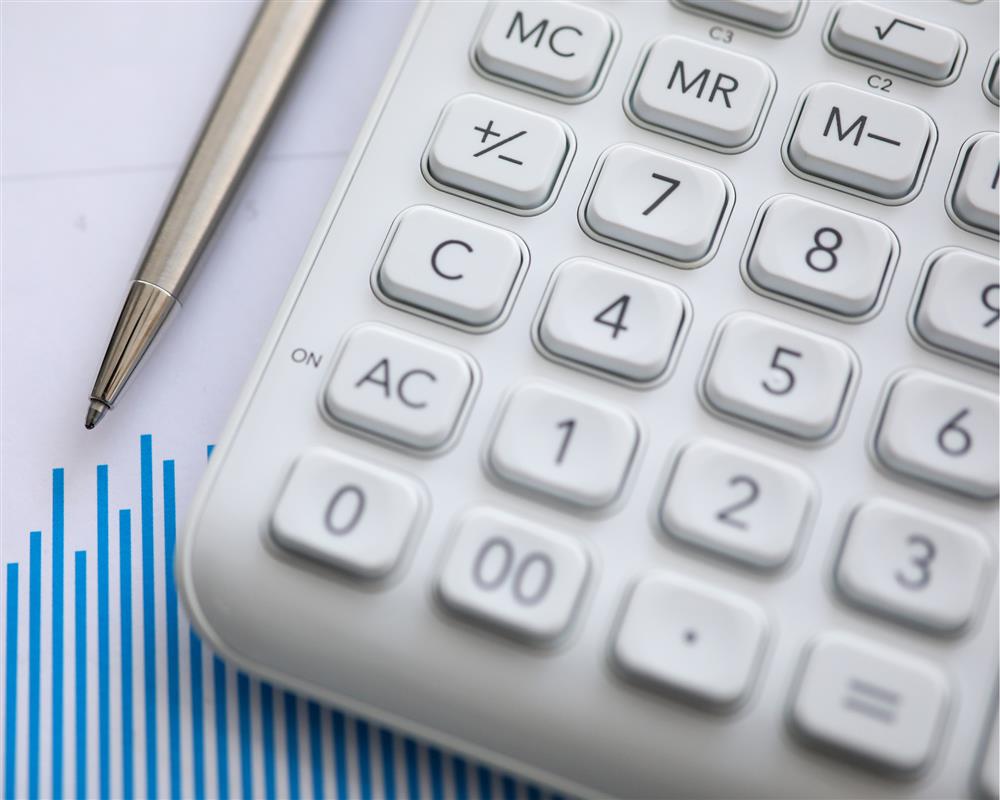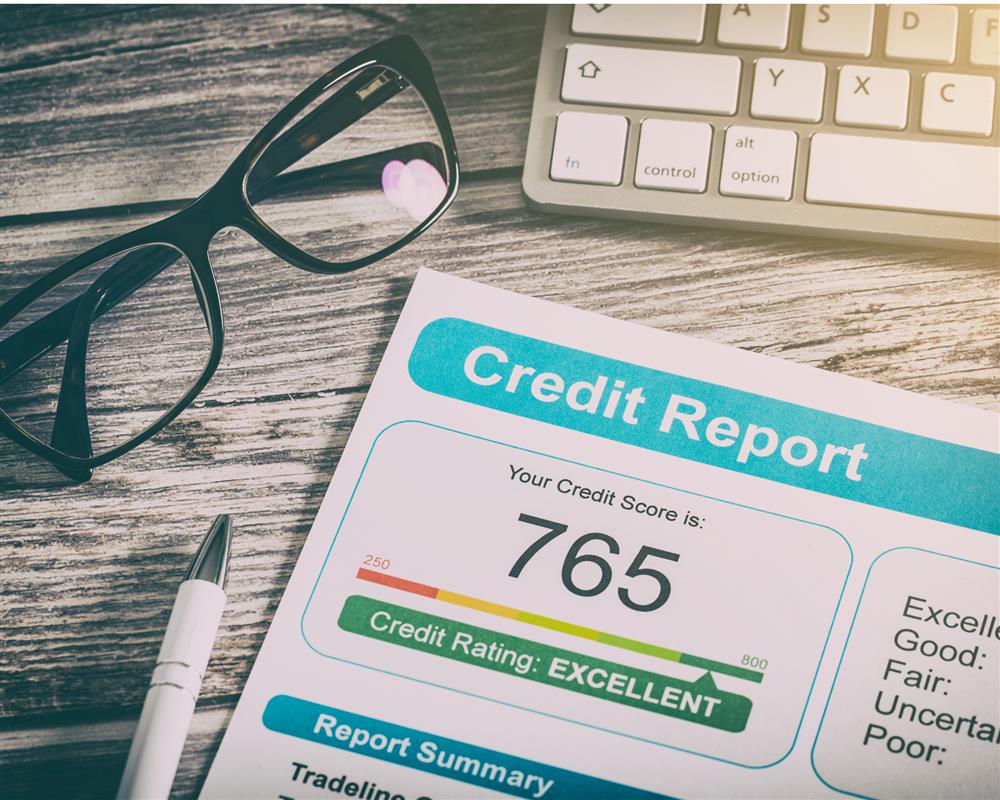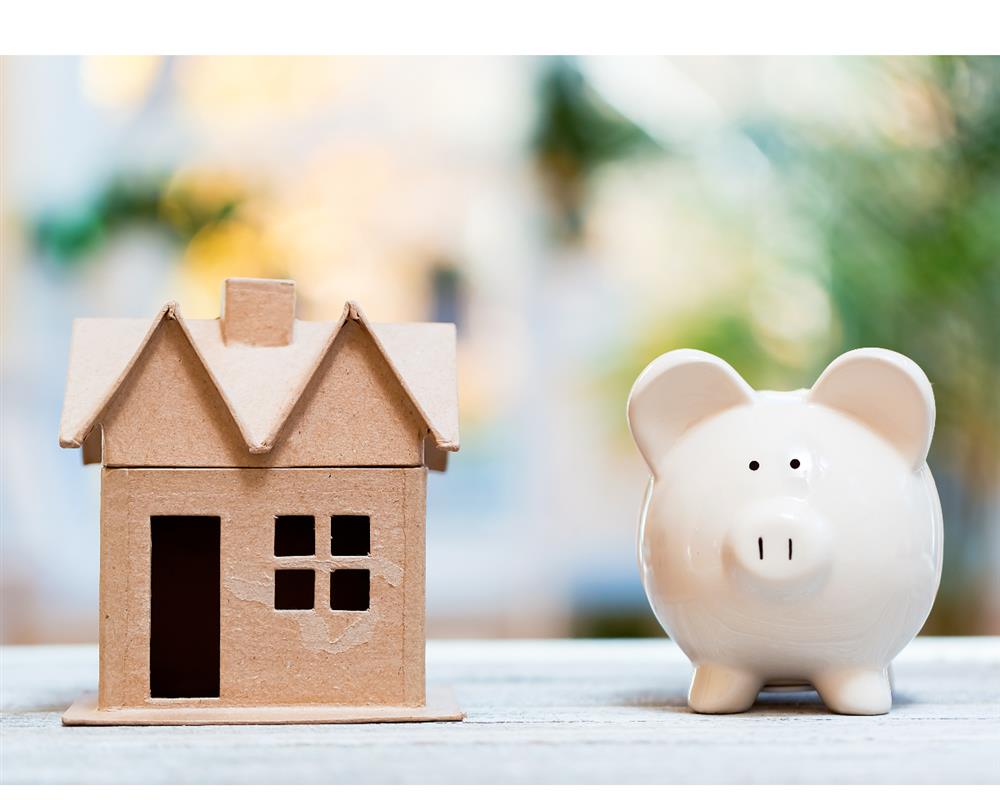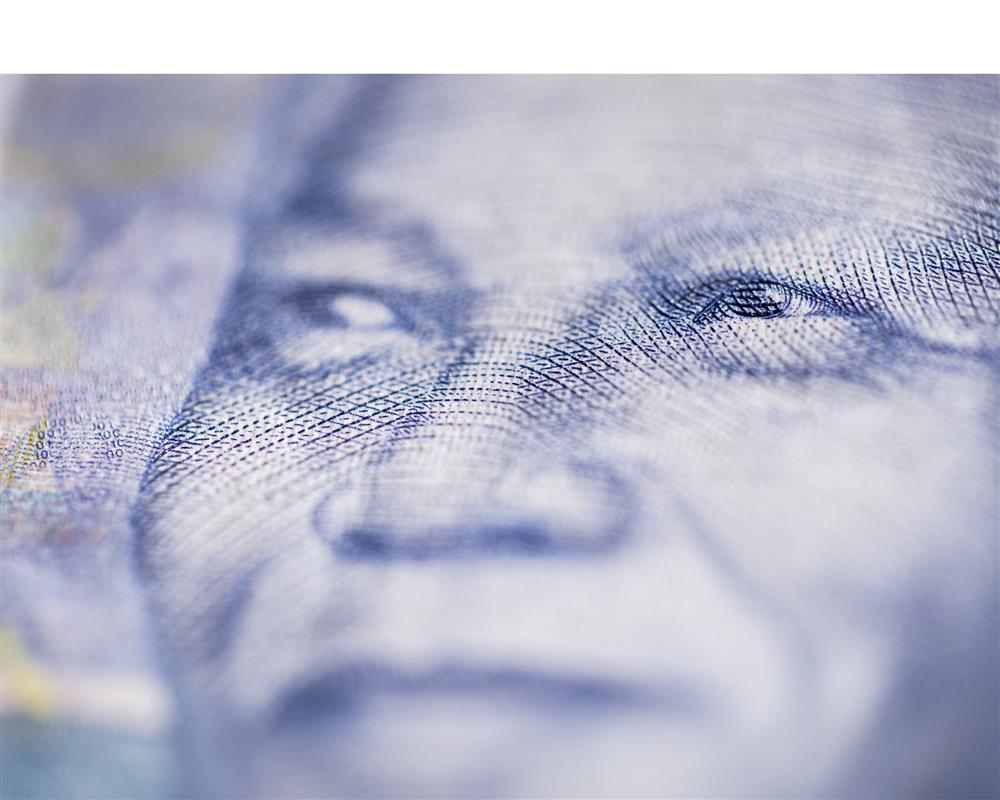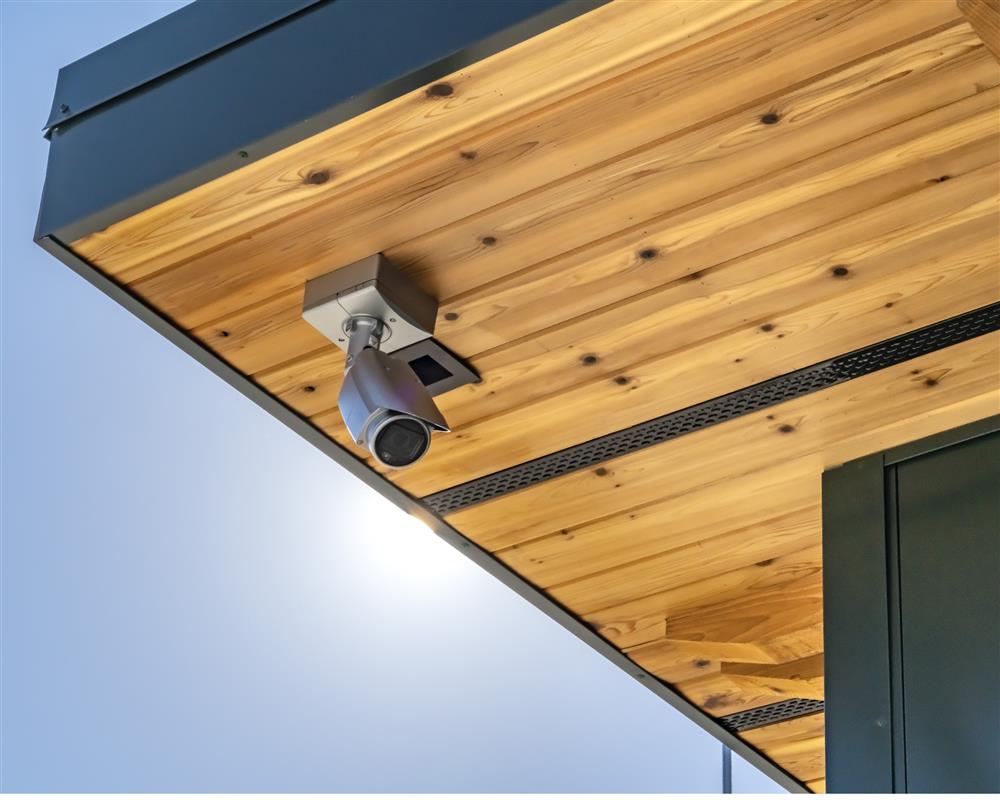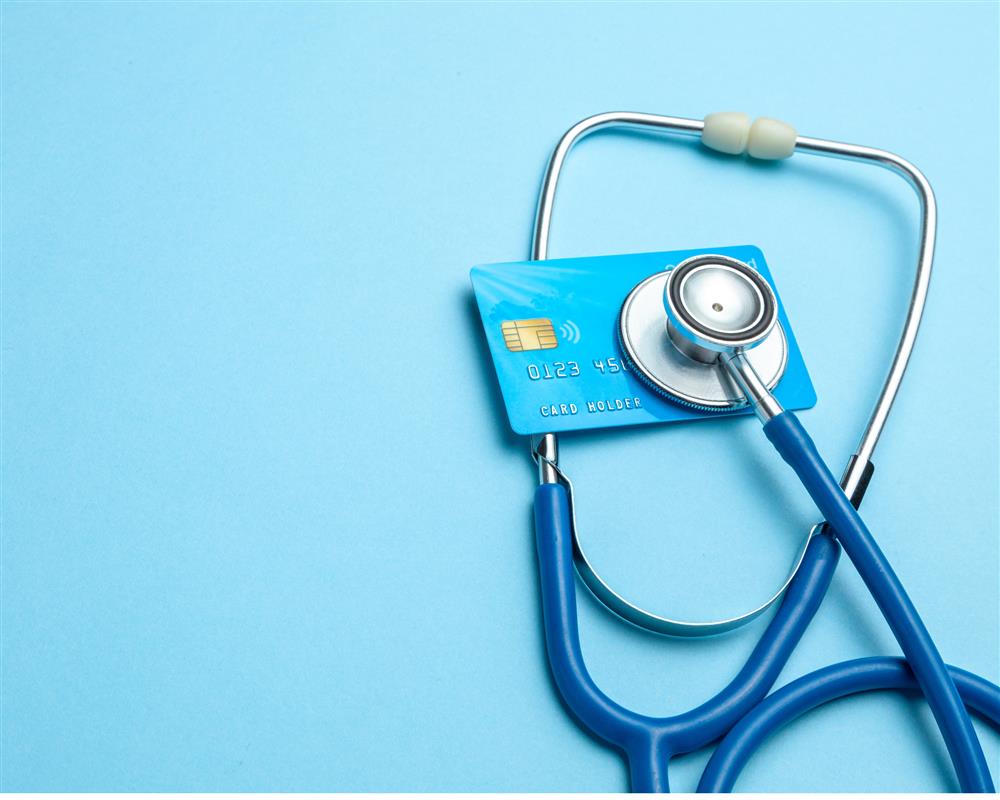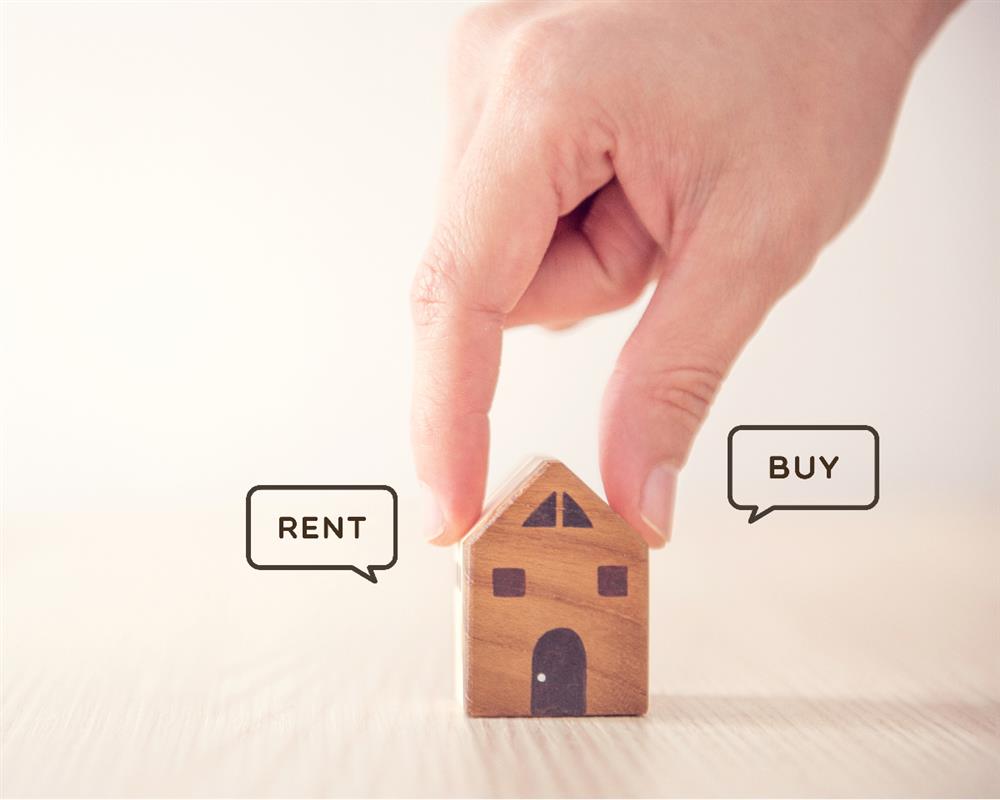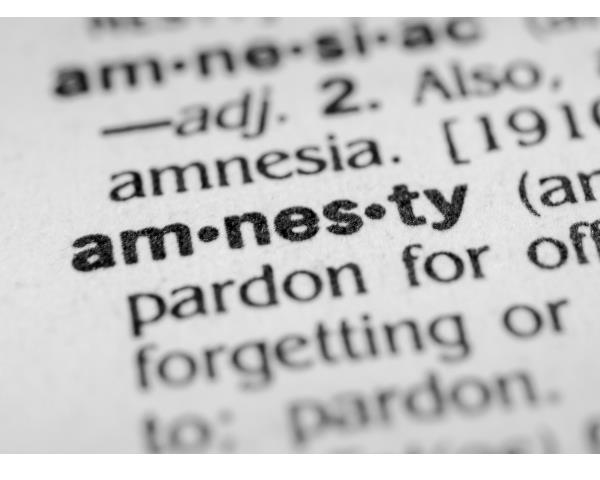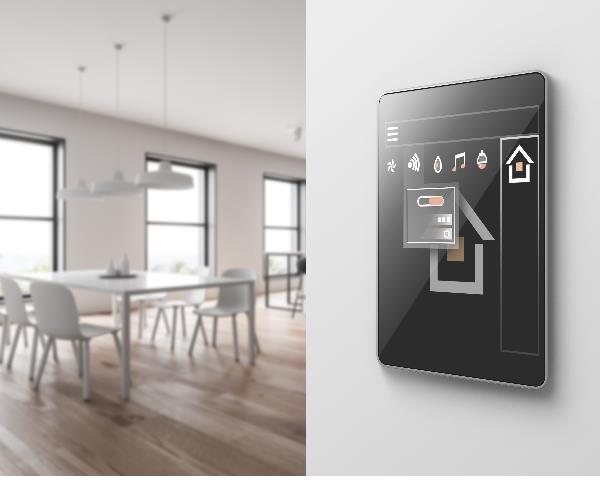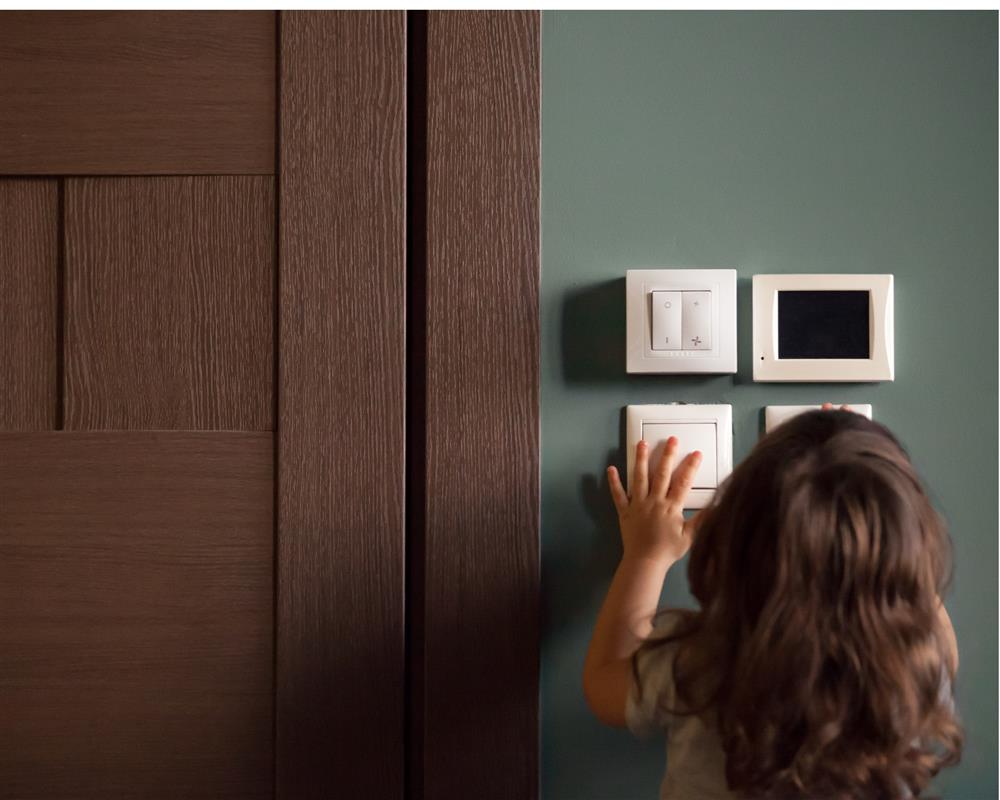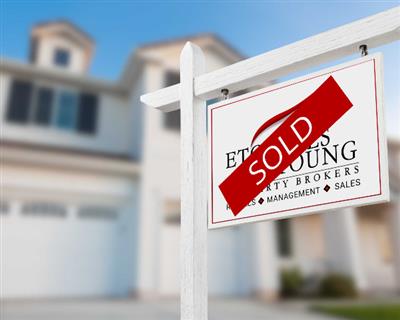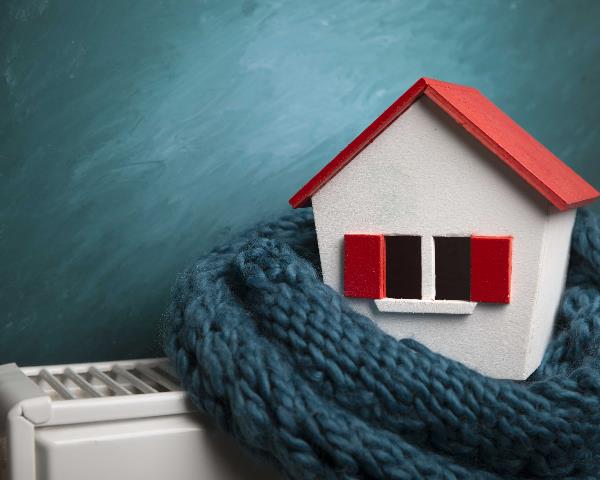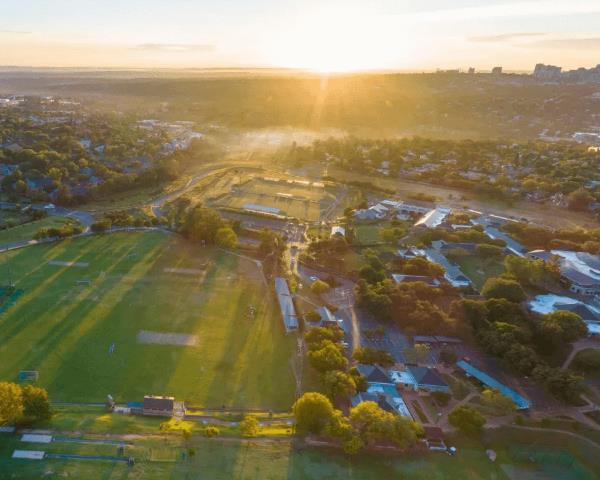
The South African Reserve Bank’s Monetary Policy Committee has raised the benchmark repurchase rate for 10 consecutive meetings in an attempt to curb stubbornly high consumer price inflation, exacerbated by a sluggish economy and global geopolitical tensions. The key repurchase rate currently stands at 8.25%, the highest level in 13 years, and the prime lending rate at 11.75% - with a cumulative increase of 475 basis points since policy normalisation began in November 2021.
The cumulative rate hikes have left consumers reeling, and sent households into a financial flat spin. Increases to the cost of borrowing directly affect the cost of servicing debt repayments such as home loans. According to BusinessTech, a home loan of R1 million with a term of 20 years in September 2021 cost R7 753 in monthly mortgage repayments. That same home loan at 11.75% prime lending rate now costs homeowners 40% more, at R10 837. An increase of R3 084 in a little under 19 months. In conjunction to poor income growth, rising unemployment and a stagnant economy, consumers are coping with staggering increases to the cost of food and fuel, as well as increases in electricity and the high cost of energy alternatives to mitigate the effects of loadshedding. Prudent homeowners are turning to scrupulous budgeting as a means of safeguarding their homeowership and stretching the little disposable income still available to them.
Why Budget?
Effectively managing your money through scrupulous budgeting is a crucial component of homeownership. Property is one of the most valuable investments you will ever make, but it is also the largest financial commitment you will make in your lifetime. It’s vital that homeowners have a realistic understanding of the true cost of purchasing a home and make the necessary provisions to continue meeting their mortgage obligations.
Budgeting enables consumers to compare their expected monthly outflows against their actual expenditure for the month and provides a means of monitoring how well or poorly the two are aligned. The key is to ensure there is always a surplus – money left over when all other financial obligations have been met – to account for unexpected cashflows, like ‘surprise’ trips to the vet or replacing a faulty appliance. However, if your budget is balanced or in deficit, there are several ways to take financial control and improve your financial wellbeing.
Budgeting - A Visual Representation:
Budgeting serves many purposes. According to LaToya Irby, a credit expert with more than a dozen years’ experience covering credit and debt management for The Balance, budgeting provides a tool to manage your money, control your spending, identify overspending, save, pay off debt and stay out of it. Drawing up a budget in a programme like Excel enables you to easily identify how money is spent and what it is spent on, particularly when the budget is structured and expenditure categorised, and provides an accurate breakdown of income vs costs. For example, your budget should be structured in such a way that all expenses are clearly visible and clearly categorised. Categories include property/home loan, petrol/travel expenses, groceries, school fees, insurance policies, medical aid, credit instalments/debt repayments, gym fees, clothing, take-aways/eating out, miscellaneous etc. There are many comprehensive budget worksheets/programmes available online for download which make managing your money effective and efficient. Additionally, major banks offer their clients comprehensive online banking profiles with personalised budgeting tools which import and categorise transactions automatically. Unfortunately, the one downside is that a large number of ‘unrecognised’ transactions are lumped into the Miscellaneous category, and these then need to be allocated manually to the correct categories.
Drawing up a Budget:
Import your most recent bank statement (the full previous calendar month or from payday to payday) to Excel and begin by categorising each transaction into the category that best describes it. Consider highlighting all transactions belonging to one category in a specific colour for easy reference or simply create a table and type each transaction into the category/column it belongs in. Record each and every transaction. This may seem tedious, but it serves to develop a habit of frugality where monthly spending is concerned. Knowing where your money goes is the key to effective financial management. When each transaction is categorised, tally up the values to get an idea of what you are spending in each category – this data can be automatically calculated with the Excel SUMIF function. To have a more accurate picture of monthly spending habits, repeat this exercise for the two-five months preceding the month you have completed and calculate the average in each category.
In a separate column or budget table list your income, which may include bonuses, commission, and passive income (rental investments), as well as your expenses - giving you a clear idea of a typical financial month. Some of your monthly expenses are fixed or change only marginally with increases/decreases in interest rates (mortgage, car repayment, overseas subscriptions), while others, like groceries, electricity or eating out, may vary from month to month. List the fixed expenses in a separate column. If your intention is to budget in order to save, set a conservative limit for the variable expenses, as these are typically the easiest areas to adjust spending, taking what you typically spend on a monthly basis into account. Calculate your net income - the amount you receive in your bank account after all deductions/expenses are subtracted. This will also give you an idea of the money you have available for emergencies/unexpected expenses. After a strong financial foundation has been built through prudent budgeting, this money can be used to pay off debt or put aside and saved towards other financial goals.
Creating a budget alone is not sufficient. The key to effective financial management is commitment and follow-through. It's vital that actual spending is closely monitored throughout the month and continually checked against your budget to ensure the two align. The more frequently you reconcile your budget, the more successful you will be in meeting your financial goals. Regular reconciliation will highlight areas of overspending, which may result in either an adjustment to your budget to accommodate the additional spending, or tighter control over how money is spent in that area. Additionally, it will enable you to accurately predict how much you will spend over a given month in various areas, allowing you to plan and prepare for unexpected and unforeseen expenses.
Cutting Back on Expenses:
With the current rate hiking cycle escalating expenses, homeowners are encouraged to cut back wherever possible. Begin with categories one would typically deem “luxuries”. These include items like take-out and eating out, clothing allowances, beauty treatments (manicures, pedicures, facials, haircuts), and even what you would typically spend on family/friends’ birthday gifts for the month. Set a conservative spending limit for each category, well under what you are currently spending. Reducing or eliminating spending in these areas allows you to spend more in areas of “need”. This may mean reducing the number of times the event occurs in one month, for example, limiting eating out to twice a month with a spending limit of R600, or simply setting an upper spending limit on the entire category and sticking to it.
You can significantly reduce your monthly grocery spending by buying in bulk and taking advantage of specials, as well as selecting more affordable brands for daily consumables like food and cleaning. Certain supermarkets are more economical than others, and while lifestyle changes are challenging, in the current economic climate they are completely necessary. Choose to shop at supermarkets that guarantee better value for money. Buy fresh fruit and vegetable produce from your local green grocer or Food Lovers Market, and meat from a local butchery, and buy only what you know you will use to reduce unnecessary and expensive wastage.
Insofar as possible, avoid purchasing anything on store credit (unless the accounts are interest-free) as debt of any kind is becoming more expensive with each rate hike and multiple retail store accounts quickly amount to more than is manageable. Pay off and close existing accounts, especially National Loan Register (NLR) accounts. These typically include short-term loans from micro-lenders with exorbitant interest rates, and are viewed as “bad debt” – reflecting poorly on your credit report. Cancel any unnecessary subscription services or paid apps that are not in use or absolutely necessary.
Effectively managing your money through scrupulous budgeting is a crucial component of homeownership. This is especially true given the current economic climate and the fact that disposable income simply does not stretch as far as it used to. It’s vital that homeowners take whatever steps necessary to continue meeting their mortgage repayments and improve their overall financial health.


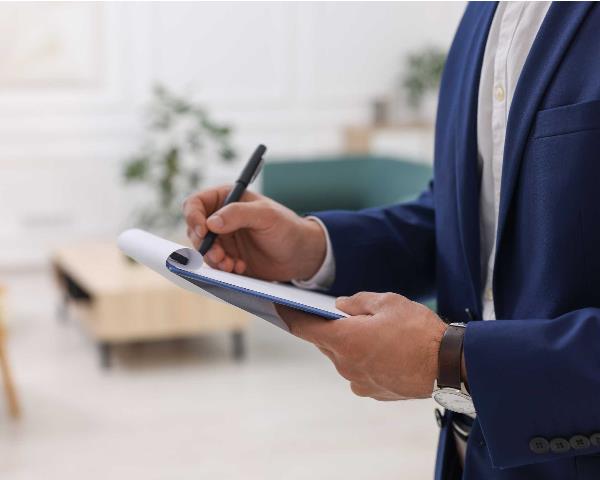
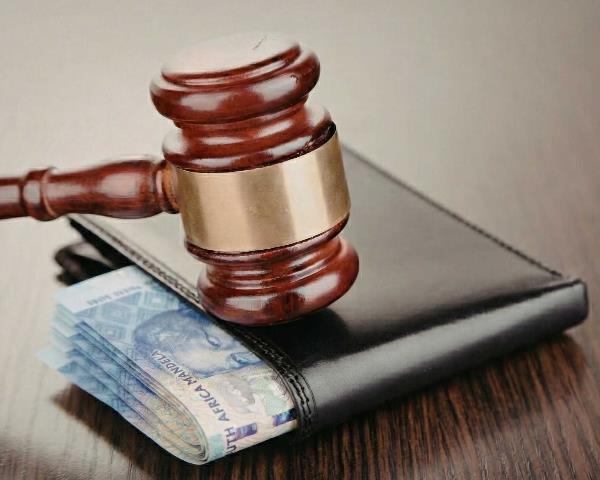















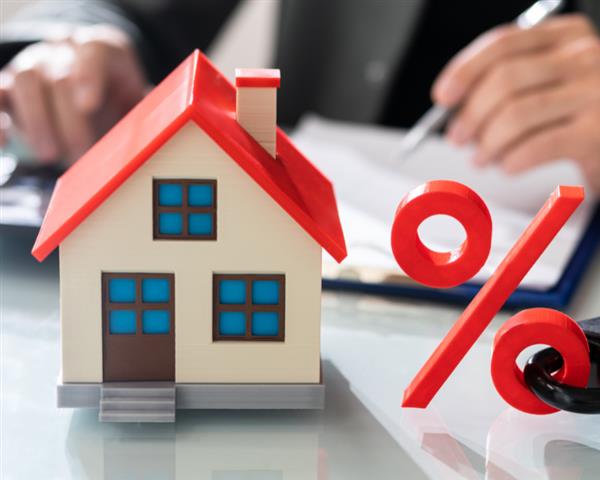







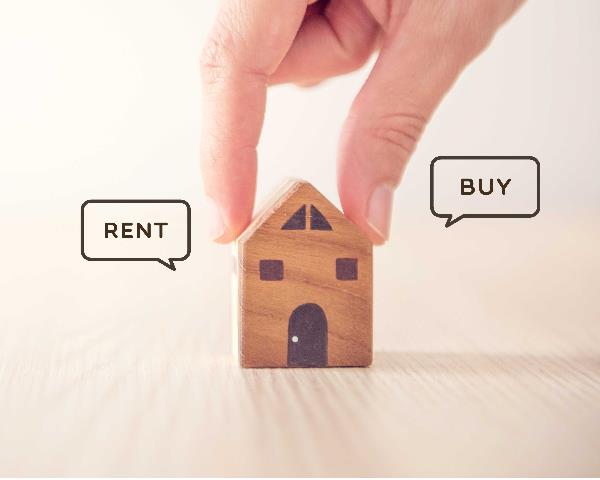












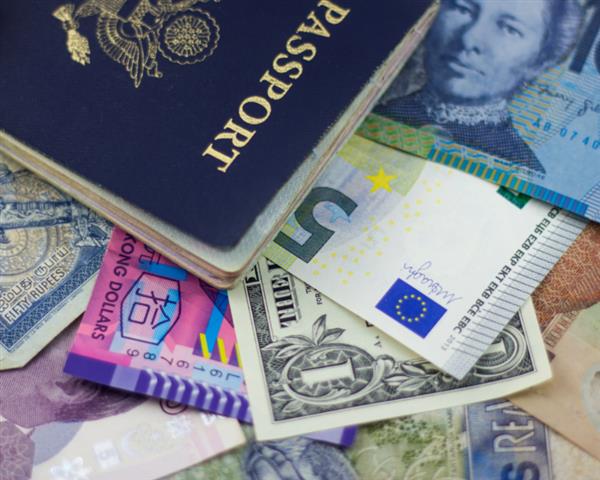




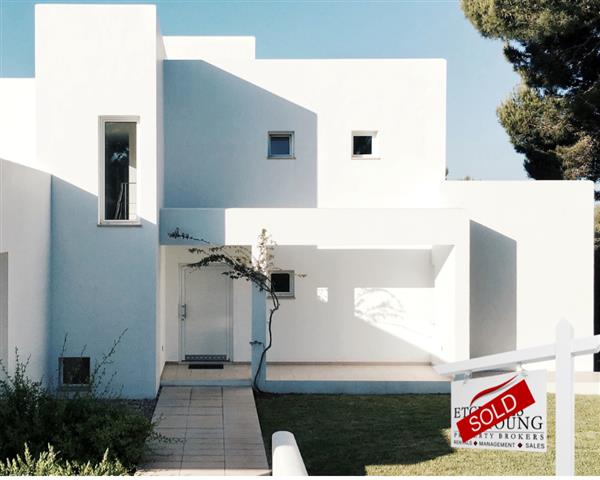
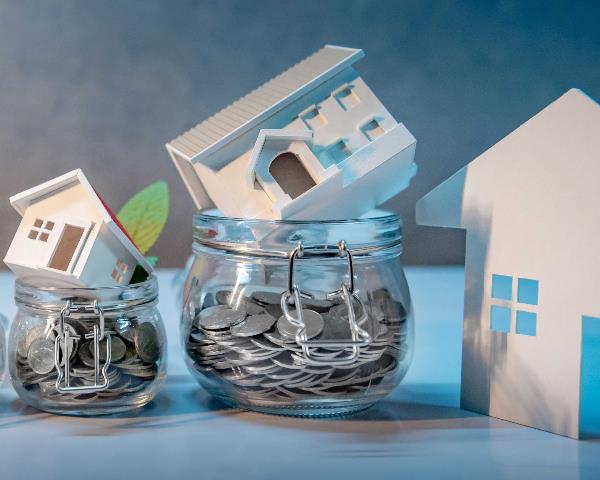


![What is POPIA? [Part 1]](https://s3.entegral.net/news/Thumbnail_2021_10_18_11_53_39_403.jpeg)
